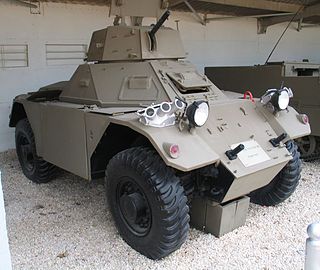 W
WThe February 1974 United Kingdom general election in Northern Ireland was held on 28 February with 12 MPs elected in single-seat constituencies using first-past-the-post as part of the wider general election in the United Kingdom.
 W
WThe October 1974 United Kingdom general election in Northern Ireland was held on 10 October with 12 MPs elected in single-seat constituencies using first-past-the-post as part of the wider general election in the United Kingdom.
 W
WOn 23 July 1974, a small bomb was found aboard a British Airways flight from Aldergrove Airport, near Belfast, to London, following a telephoned warning. The flight made an emergency landing at Manchester Airport. The Provisional Irish Republican Army (IRA) claimed it had planted the bomb as a symbolic act, and that it had not been set to explode. It is the only time that the IRA has planted a bomb aboard an aircraft, and was the second terrorist incident involving a bomb aboard an aircraft in the United Kingdom.
 W
WOn 2 May 1974 the Provisional Irish Republican Army (IRA) attacked a British Army base manned by the Ulster Defence Regiment (UDR) near the Northern Ireland–Republic of Ireland border at Clogher, County Tyrone. The IRA unit engaged the small base with automatic weapons, rockets and improvised mortars. Ferret armoured cars were deployed to the scene and a fierce firefight erupted. The IRA withdrew behind the border with the Republic. The assault on the outpost killed greenfinch Eva Martin and wounded another UDR soldier.
 W
WThe Northern Ireland Act 1974 was an Act of the Parliament of the United Kingdom that made provision for the government of Northern Ireland following the collapse of the Sunningdale Agreement. The Act authorised the dissolution of the Northern Ireland Assembly, and transferred its legislative powers to the Queen in Council.
 W
WThe murder of Ann Ogilby, also known as the "Romper Room murder", took place in Sandy Row, south Belfast, Northern Ireland on 24 July 1974. It was a punishment killing, carried out by members of the Sandy Row women's Ulster Defence Association (UDA) unit. At the time the UDA was a legal Ulster loyalist paramilitary organisation. The victim, Ann Ogilby, a Protestant single mother of four, was beaten to death by two teenaged girls after being sentenced to a "rompering" at a kangaroo court. Ogilby had been having an affair with a married UDA commander, William Young, who prior to his internment, had made her pregnant. His wife, Elizabeth Young, was a member of the Sandy Row women's UDA unit. Ogilby had made defamatory remarks against Elizabeth Young in public regarding food parcels. Eight weeks after Ogilby had given birth to Young's son, the women's unit decided that Ogilby would pay for both the affair and remarks with her life. The day following the kangaroo court "trial", they arranged for the kidnapping of Ogilby and her six-year-old daughter, Sharlene, outside a Social Services office by UDA man Albert "Bumper" Graham.
 W
WThe Talbot Arms pub bombing took place on 30 November 1974, and was carried out by the Provisional Irish Republican Army (IRA). Eight people were injured in the attack, which involved the IRA throwing homemade bombs through the pub's window. Only one of the devices exploded; the other was taken as evidence and used to discover how the unit assembled its devices.
 W
WThe Ulster Workers' Council (UWC) strike was a general strike that took place in Northern Ireland between 15 May and 28 May 1974, during "the Troubles". The strike was called by unionists who were against the Sunningdale Agreement, which had been signed in December 1973. Specifically, the strikers opposed the sharing of political power with Irish nationalists, and the proposed role for the Republic of Ireland's government in running Northern Ireland.